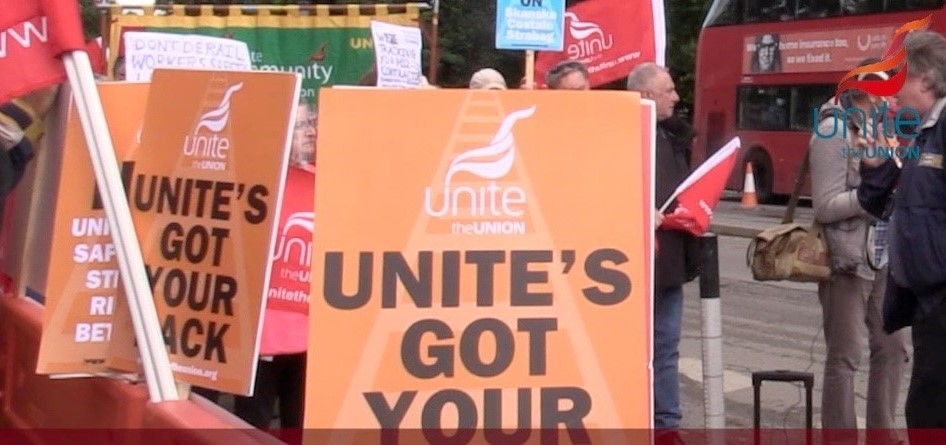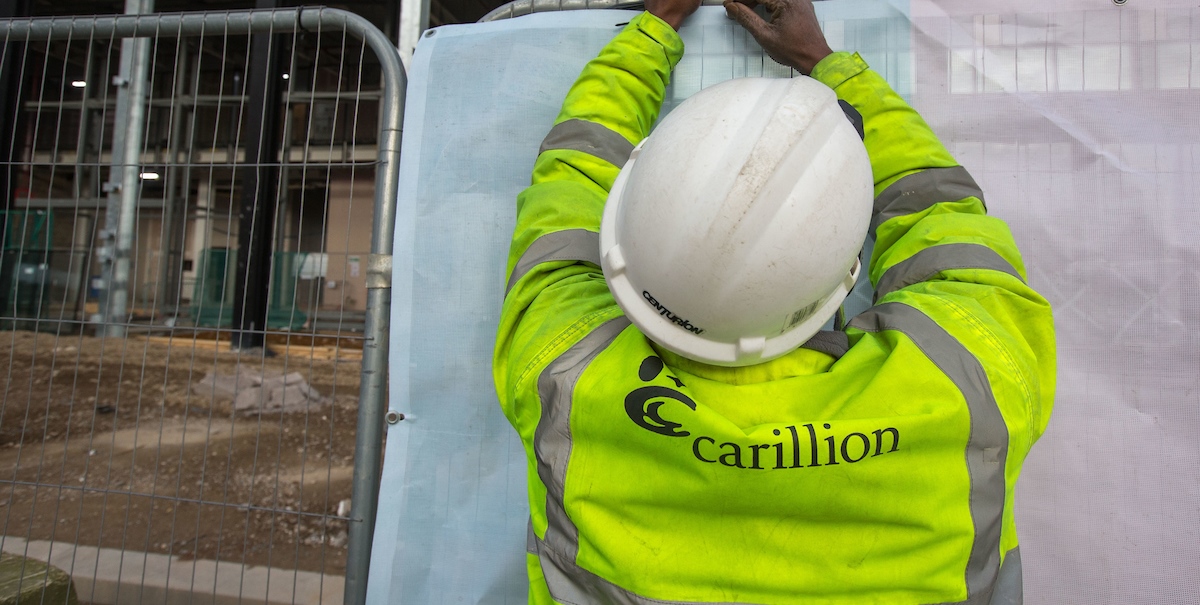‘Not a one off’
Carillion’s spectacular fall from grace earlier this year, which wiped out thousands of jobs and has stalled public sector projects including hospitals, is one of the greatest corporate failures in UK history.
Nearly three thousand direct jobs were lost, while many more jobs in the wider supply chain have gone to the wall, too. Many smaller construction companies enmeshed in Carillion’s subcontracting apparatus went bust as well.
Important public sector projects such as the Midland Metropolitan and Royal Liverpool Hospitals have been mothballed. The unfinished buildings are now deteriorating, which is pushing the costs even further. Neither hospital has a new start date eight months after Carillion’s collapse.
Against this backdrop of loss and failure, Carillion’s top bosses aren’t being held to account – many have already found lucrative new work. A former Carillion director, Mark Davies, for example, has been appointed by Balfour Beatty to run their HS2 joint venture.
Carillion’s demise isn’t – as those who managed the construction giant might have you believe – a result of a mere series of unfortunate events. Carillion’s bosses were reckless and the government aided and abetted their inherently flawed business model.
Unite reiterated its call at the TUC conference today (September 10) for both a public inquiry and criminal investigation into Carillion – not only so that those who precipitated the firm’s destruction pay for their misdeeds but so that another Carillion never happens again.
End outsourcing culture call
Unite assistant general secretary Gail Cartmail made the call as she seconded a composite on government outsourcing arguing that the “culture of outsourcing must end.”
She said that outsourcing creates a “race to the bottom on pay, conditions, and levels of service” and it also “undermines collective bargaining, and we see key workers on the lowest pay – the working poor.”
Honing in on Carillion, Cartmail said the construction giant mutated from a “construction company to an entity with tentacles throughout the public sector.”
She accused the firm of “acting like a Ponzi scheme, with a constant need for new contracts to offset losses.”
While Carillion’s top bosses knew full well the extent of the company’s teetering on the brink of failure, the firm continued paying out dividends to shareholders and hid the impending disaster using “aggressive accounting practices,” Cartmail said.
“I am advised not to call this â€cooking the books’ so I won’t, but Congress, projects which were losing millions were shown making a profit on paper. How is this possible?”
“Carillion’s auditors and other directors failed to raise a peep,” she noted. “Richard Adam knew what he was doing.
“He retired, aged 59, before Carillion hit the skids and cashed in three quarters of a million worth of shares. Nice work if you can get it.”
Cartmail went on to highlight the role the government played in the Carillion disaster and said it too must be held accountable.
“When the company was already in meltdown last year they awarded it £2bn worth of new contracts,” she said. “[This was] a vote of confidence which falsely indicated to Carillion’s suppliers it remained a going concern.
“At the very beginning of Carillion’s collapse Unite said their business model is broken and Carillion is not a one off,” Cartmail warned. “That is why we demanded then, as we demand now, an inquiry.”
“There must be an immediate criminal investigation into Carillion,” she added. “And we the trade union movement must lead that call. If no laws were broken, then we need better, stronger laws. “We owe it to the workers and apprentices who were dumped without warning. And we owe it to the workers who could face a similar fate.”
The composite was overwhelmingly carried.
 Like
Like Follow
Follow


